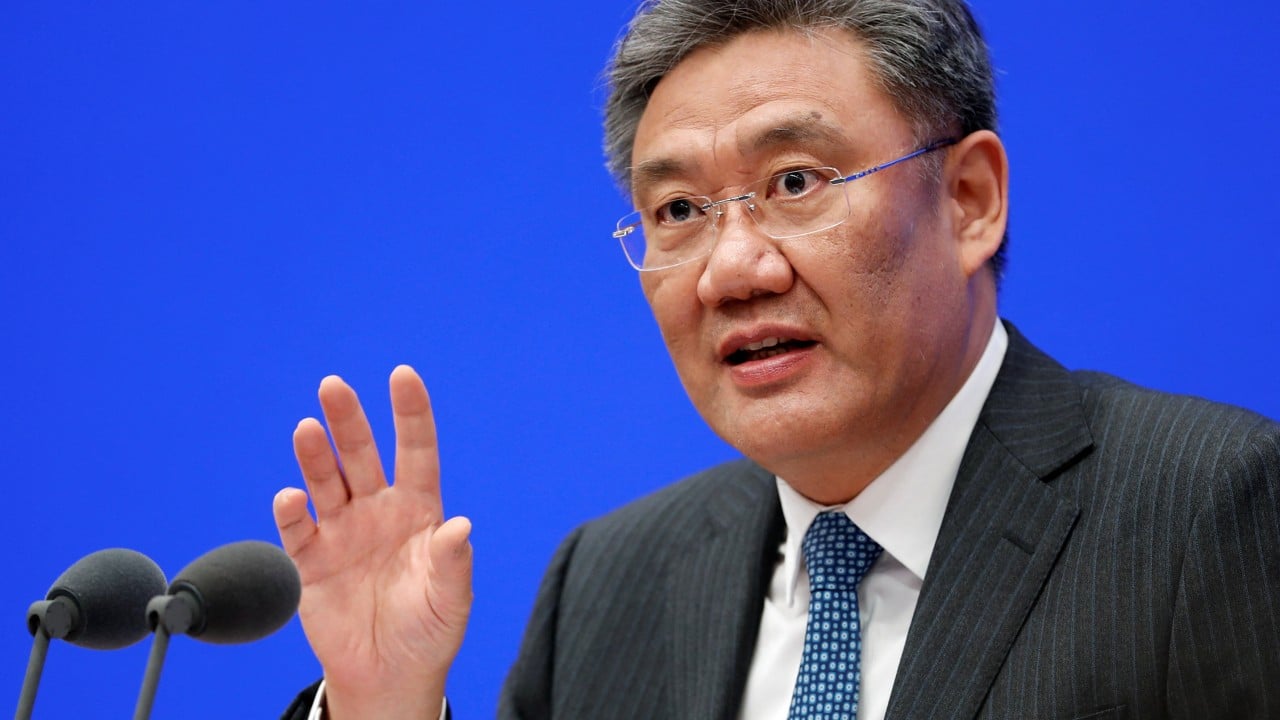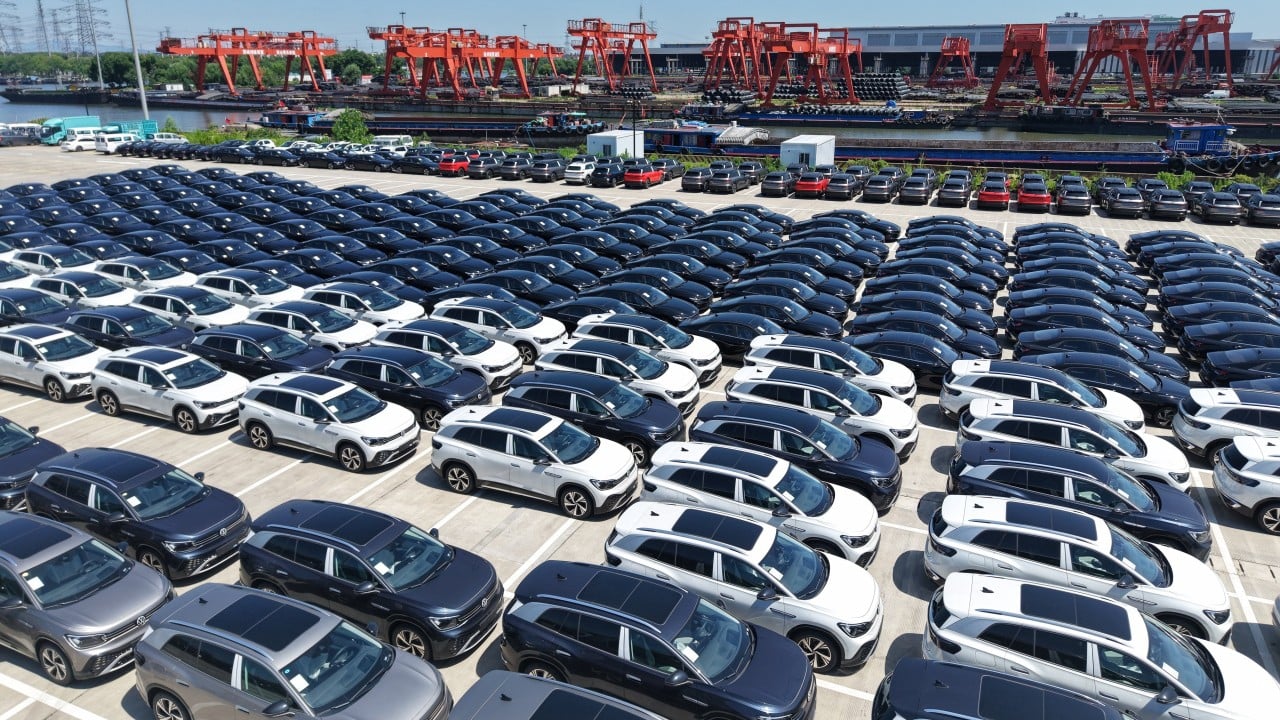See what’s trending right now
UK politicsin World Affairs
2 hours agoThe headlines highlight a mix of accountability issues, from the UK's controversial Afghan invasion and data breach to a doctor exploiting PPE shortages for profit, while Shapps defends prioritizing lives over security concerns.
Show me
World Affairs
China pledges more consumption incentives to service the service sector
PositiveWorld Affairs
China is rolling out more incentives to boost spending in the service sector—think everything from dining and travel to healthcare and entertainment. The government plans to cut bureaucracy and lure foreign investors to help meet growing demand, especially for high-quality services. Commerce Minister Wang Wentao admitted there’s a gap between what consumers want and what’s available, even as service spending outpaces goods.
Editor’s Note: With global trade looking shaky, China’s betting big on its own consumers to keep the economy humming. This isn’t just about shopping sprees—it’s a shift toward upgrading services (think better healthcare, smoother travel experiences) to match what people are willing to pay for. If it works, it could mean steadier growth and more jobs, but pulling it off means tackling inefficiencies head-on.
Investors look to Politburo meeting for signs of fighting overcapacity
NeutralWorld Affairs
Investors are closely watching China’s upcoming Politburo meeting for hints on whether the government will tackle overcapacity in booming sectors like solar, EVs, and e-commerce. With cutthroat competition squeezing profits, the stakes are high for how leaders plan to stabilize these industries—or if they’ll intervene at all.
Editor’s Note: Overcapacity isn’t just jargon—it’s a real headache for industries where supply outstrips demand, driving down prices and profits. If China’s top brass signals action, it could reshape markets and investor strategies. But silence might mean more turbulence ahead. Either way, the meeting’s outcome will ripple through global supply chains and your wallet (think cheaper EVs today, fewer solar startups tomorrow).
Economists call for reform as China’s famed marketisation index drops
NegativeWorld Affairs
A group of Chinese economists is sounding the alarm after a key measure of the country's market-friendly reforms slipped for the first time in years. The index, which tracks things like how much the government interferes in business, dipped slightly from 5.72 to 5.62 out of 10 since 2019. Experts say this backslide – while small – highlights deeper issues like cutthroat competition between companies and economic imbalances that could hold back growth. They're pushing for fresh reforms to keep China's economy on track.
Editor’s Note: This isn't just about a decimal-point drop in some obscure index – it's a warning sign about China's economic direction. When experts start publicly calling for course corrections, it usually means internal debates are heating up. For global markets and businesses tied to China, any slowdown in market reforms could mean more red tape, less fair competition, and tougher conditions for private companies. Keep an eye on whether Beijing listens to these concerns or doubles down on state control.
Why World Pulse Now?
Global Coverage
All major sources, one page
Emotional Lens
Feel the mood behind headlines
Trending Topics
Know what’s trending, globally
Read Less, Know More
Get summaries. Save time
Stay informed, save time
Learn moreLive Stats
Articles Processed
7,760
Trending Topics
122
Sources Monitored
204
Last Updated
an hour ago
Live data processing
How it works1-Minute Daily Briefing
Stay sharp in 60 seconds. Get concise summaries of today’s biggest stories — markets, tech, sports, and more
Why World Pulse Now?
Global Coverage
All major sources, one page
Emotional Lens
Feel the mood behind headlines
Trending Topics
Know what’s trending, globally
Read Less, Know More
Get summaries. Save time
Stay informed, save time
Learn moreLive Stats
Articles Processed
7,760
Trending Topics
122
Sources Monitored
204
Last Updated
an hour ago
Live data processing
How it works1-Minute Daily Briefing
Stay sharp in 60 seconds. Get concise summaries of today’s biggest stories — markets, tech, sports, and more


